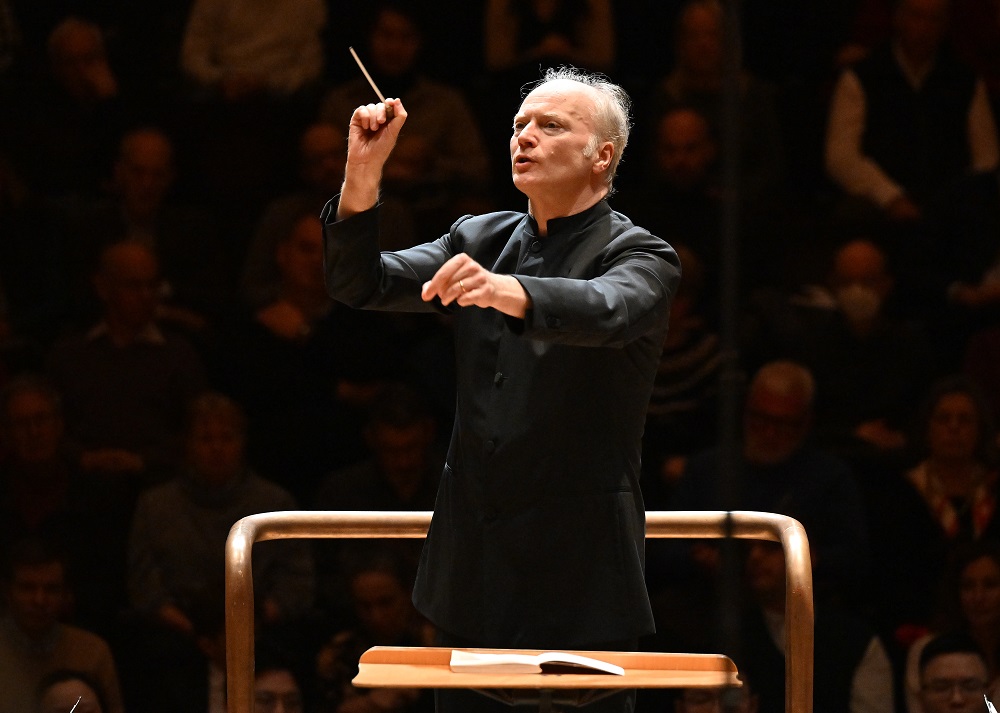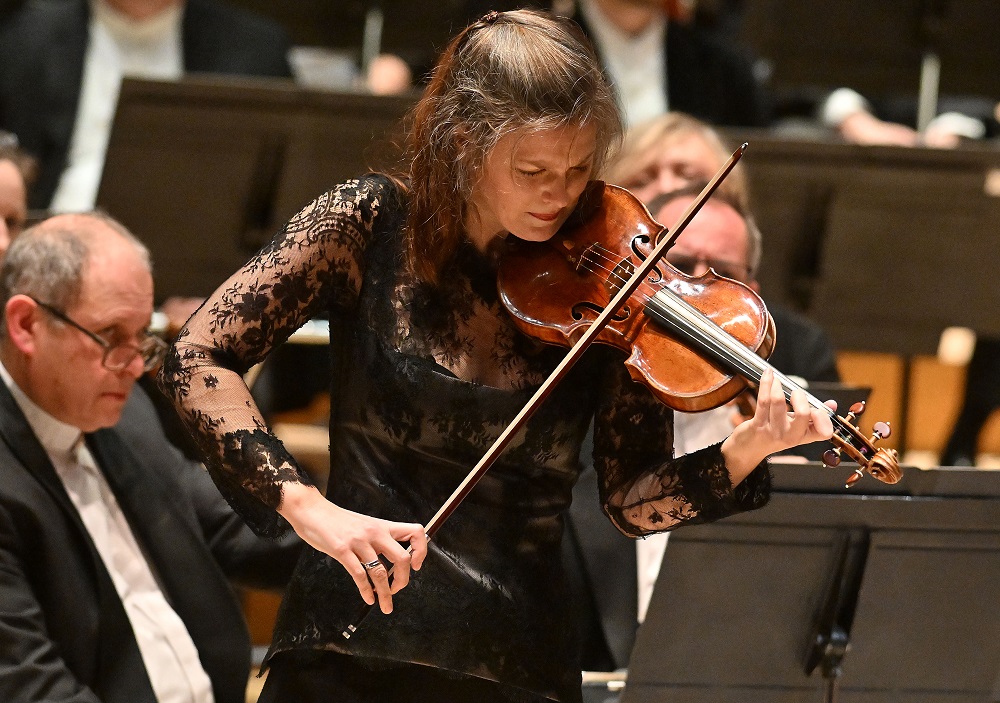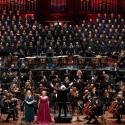There’s life in the old overture-concerto-symphony format yet – especially if the conductor not only shapes every phrase but takes care over the number of string players needed for each work, the soloist lives every bar of a concerto you thought you knew inside out, and the symphony is a relatively rare neighbour to another regularly on concert programmes.
It would be foolhardy to claim that Prokofiev’s Sixth, his symphony of suffering, is better than the ever-fascinating Fifth, no straightforward warhorse, but it’s certainly more consistently dark and deep. The London Symphony Orchestra has crossed its minefield relatively recently, under the hit-and-miss Gergiev, but his one-time colleague at the Mariinsky, Gianandrea Noseda, is a far more nuanced interpreter and the orchestra is now on best form thanks to the tonic of the Rattle era.
Noseda’s developing relationship with the Wagner operas seems to inform the long lines of the unique central Largo, which despite its breadth feels hypertense and harps on the sick composer’s “wound that cannot be healed” with reference to Amfortas’s pain in Parsifal. I doubt if there’s ever been a more fiercely bright trumpet to line the first violin melody than James Fountain’s, impressively flecked with the right amount of vibrato. And the dream visions of horns, harps, piano and celesta, though short lived, offered well-intoned healing balm. 
Never take anything for granted with Noseda: his familiar style is a febrile swiftness, but not in this concert. Surely the big-boned, mega-romantic approach to Sibelius’s Violin Concerto was worked out in an ideal relationship with the phenomenal Janine Jansen. Both knew it would work given the communicative intensity with which Jansen delivered every phrase, starting with the rare frisson you get from a soloist who joins the shimmer in a parallel universe before coming to the fore, and the care for orchestral colour. 
To end at the beginning, Beethoven’s Coriolan Overture served as a magnificent opening gambit from Noseda, using combinations of six and five players in each of the string sections to streamline the heart of darkness. The LSO’s current concerts with him are as fine as anything you’ll find on the London concert scene.













Add comment